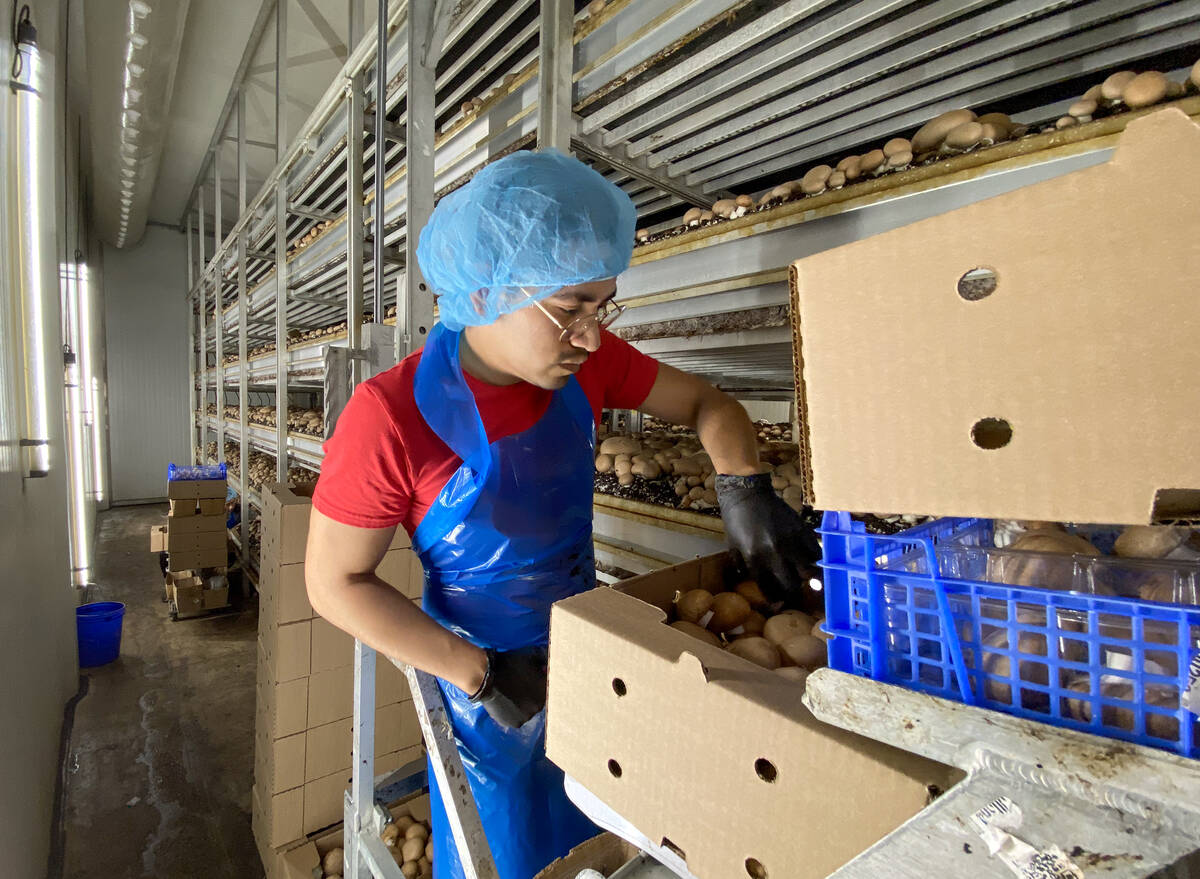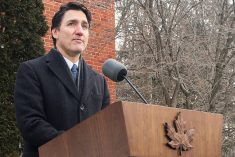It’s the dog days of summer in Ottawa these days.
Most of the city is on vacation, with bureaucrats and political junkies alike taking advantage of the slower pace to escape the city – and the heat – for time spent at the family cottage, lake or campsite.
Don’t expect the calm to last forever. A quick glance at the political calendar shows things are expected to wind up again in the next few weeks.
The Trudeau cabinet is expected to meet in British Columbia later this month for a summer cabinet retreat where the prime minister and his front bench will need to map out a plan for the upcoming fall session that takes into account the ongoing political and economic uncertainty.
Read Also

Ontario’s other economic engine: agriculture and food
Ontario Federation of Agriculture president, Drew Spoelstra, says Ontario’s agriculture and agri-food sector should be recognized for its stability and economic driving force.
Ahead of that retreat, as is tradition, the prime minster is expected to announce a shuffle within his parliamentary secretaries following his recent cabinet shake up that saw a few new faces, and portfolios, added to Justin Trudeau’s front bench.
A shuffle at the deputy minister level within the federal departments is also likely, as is a shake up of the various parliamentary committees. (Agriculture committee is expected to meet Tuesday and Thursday mornings starting at 8:45 a.m. EST)
The federal cabinet gathering also comes ahead of a planned Liberal caucus retreat in Saskatoon in mid-September.
Meanwhile, the Conservatives are set to hold their policy convention in Halifax Aug. 23-25, where its expected the party’s plan for the upcoming 2019 federal election, now just over a year away, will take shape.
When MPs return, the 2019 federal election will unofficially be underway.
Parties are already trying to distinguish and differentiate themselves. Policy ideas are being floated and tested out. Fundraising efforts are being scrutinized. Candidates are being recruited.
Political competition, however, isn’t the only factor expected to rear its head when Parliament returns this fall.
Canadian competitiveness is expected to be an overarching theme, one that could easily bleed into the next election.
For months, Canada’s business community – including the farm sector – has been saying it’s worried about recent global shifts, most of which are tied to rising protectionism within the United States.
Competitiveness was clearly top of mind in recent weeks after the Trudeau government quietly unveiled changes to its purposed carbon tax plan – which have been viewed by many as a softening of the government’s stance.
Officials have said the reason for the changes is because of competitiveness concerns raised by industry. (Many of Canada’s largest trading partners, including the United States, do not have a carbon tax.)
Three Canadian provinces have said they will not impose a carbon tax: Saskatchewan, Ontario and Prince Edward Island. Ontario, where the Ford government is in the process of dismantling the province’s cap-and-trade system, and Saskatchewan have filed formal challenges against Ottawa’s plan in court.
In addition to the carbon tax debate, Canada has yet to respond to the Trump administration’s tax changes, which businesses have said could make it tougher to attract investment in this country. Investment cutbacks for innovation and expansion projects domestically are also feared as companies try to protect their bottom lines.
That fear is coupled with ongoing trade uncertainty thanks to NAFTA talks that remain stalled and an escalating trade war between the United States and several countries, including Canada and China. Economic fears within the business world show no signs of disappearing.
Nor can one ignore the fact the United States recently announced a $12-billion subsidy package for its agriculture industry – a move that has angered other American industries affected by the trade tensions who argue they too should be supported.
As for Canada, this country has never fared well when caught in the middle of a subsidy battle, particularly when the subsidies are being footed by some the biggest economies in the world.
Finance Minister Bill Morneau, who is required to provide a fall economic update sometime following Parliament’s return, has said his department is investigating the matter.
If it’s determined adjustments are needed, it’s expected Morneau would announce any fiscal changes around the same time as the economic update.













